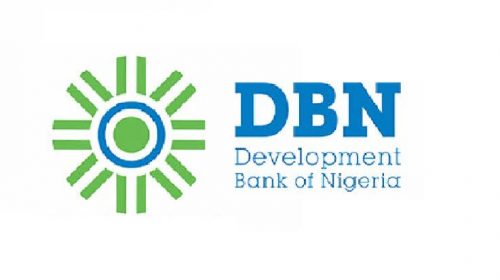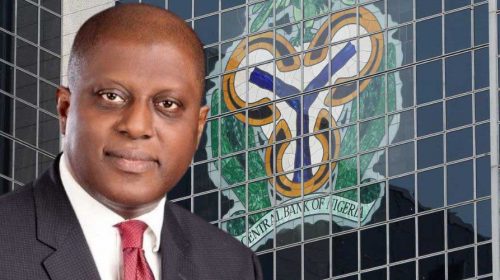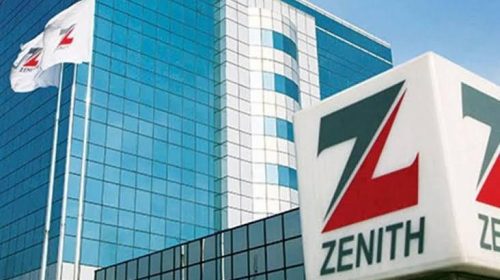FOREX: DMBs to withdraw commissions on retail transactions …. As foreign exchange reserve hits $42 bn

The bankers committee Tuesday unanimously agreed that Deposit Money Banks (DMDs) in the country, should henceforth withdraw commissions on retail transactions which include especially personal travel allowance (PTA), business travel allowance (BTA), school fees and medicals.
This, among others is the fallout of the bankers committee meeting held in Lagos.
Briefing the press after the meeting, the CEO, FSDH Merchant Bank Limited, Mrs. Hamda Ambah, said no bank was allowed to charge commission on forex purchased for the purposes stated above. “The Bankers’ Committee took a palliative measure that would be beneficial to individual customers who make use of foreign exchange for Personal Travel Allowance, Business Travel Allowance, medical bills and school fees payments. We want to make sure that this is uniform across all banks. Customers should report any bank that goes outside of this. It has actually been N360 for a while, but some banks in addition to the fee, are charging commissions”, she said.
Meanwhile, the Central Bank of Nigeria, through the director, Banking Supervision, Alhaji Ahmed Abdullahi, also announced that the country’s foreign exchange reserves had hit $42bn as of February 6, 2018.
The last time the country’s reserves derived mainly from proceeds of crude oil exports hit $42 billion was in December 2013.
This was just as all the Deposit Money Banks in the country on reached a consensus with the CBN to give leverage to the Federal Government’s Economic Recovery and Growth Plan by channelling loans to three main sectors.
Commenting on this, the chief executive of Stanbic IBTC Bank, Mr. Demola Shogunle, said there was a presentation on the Economic Recovery and Growth Plan (ERGP) by one of the special advisers to the president.
According to him, a major aspect of the presentation was that the Federal Government had agreed to focus on key selected areas in the ERGP to accelerate investments and job creation.
“The focus areas include power and gas, agriculture and transportation, and manufacturing and processing. The Bankers’ Committee overwhelmingly agreed to be embedded in the programme.
“The banking community will participate actively to the extent that it will lead to job creation and additional investments in the economy,” he said.
Also speaking at the event, the chief executive, Citibank Nigeria, Mr. Akin Dawodu, reassured plans by the CBN to sanction exporters that fail to repatriate export proceeds.
“Oil export proceeds have to be repatriated within 90 days and non-oil proceeds within 180 days. In the spirit of supporting the reserves position and economic growth, stricter measures were agreed regarding the repatriation of export proceeds, particularly oil export proceeds.
“A 90-day moratorium has been agreed for customers and corporate clients who have not repatriated their export proceeds within the stipulated timeframe for any delays to be cleared.
“After that, the CBN has the right to sanction any customer that defaults. The sanction may include banning people from the forex window or more stringent measures.
“We think this is very important as a body to ensure that the rules are adhered to,” he said






Leave a Reply